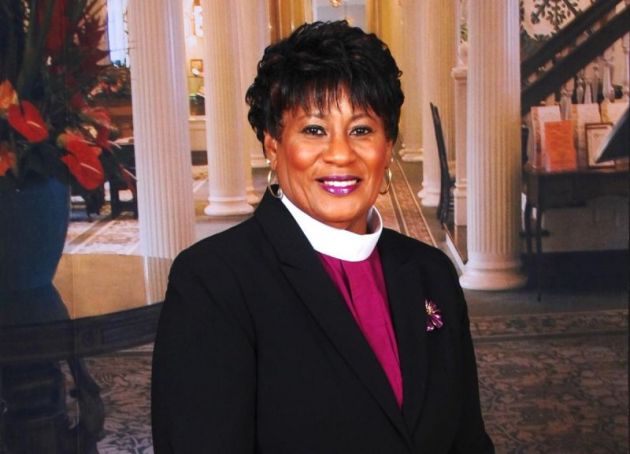Alabama bishop talks of hesitancy, conspiracy perceptions, Black Americans resistance to COVID-19 vaccines

A Methodist bishop in the United States has spoken of the vital role of churches in reducing vaccine hesitancy and increasing vaccine equity as some states have low level of dosage distribution.
Alabama-based Bishop Teresa Jefferson-Snorton is ecumenical officer for the Christian Methodist Episcopal Church and presiding bishop of the Fifth Episcopal District and was quoted in a World Council of Churches article.
She was asked for her perception on some of the reasons people have vaccine hesitancy in Alabama, where she is based and said there are several reasons people are hesitant to get the COVID-19 vaccine.
"First, some think the vaccine was made too quickly, because they lack an understanding of vaccine development and ongoing scientific research that enabled this particular vaccine to be produced using already-tested technology," said Jefferson-Snorton.
"Second, the vaccine became a political issue. Some people believe the vaccine is a statement of support for a particular political ideology."
The third reason she cited was that particularly for African-Americans, there is hesitancy based on historic health disparities and undisclosed, unauthorized research and experimentation on Black people.
HEARING OF CONSPIRACY THEORIES
"There is fear that the vaccine is a repeat and has consequences/side effects of which we are not being informed. Finally, many people have heard various conspiracy-type theories about the vaccine related to the reasons I cited above."
With COVID-19 rates highest is state with the most hesitancy Bishop Teresa Jefferson-Snorton spoke of positive ways churches are helping people overcome their misgivings and she referred to three main areas.
The first is information and education.
"Churches can provide accurate information to people about this vaccine, its development, and what it does and does not do. Workshops, webinars, flyers, bulletin boards, social media, etc. are all a great means of this information education campaign," she said.
Then there is access to vaccines.
"Churches can assist people with making appointments, set up 'pop-up' vaccine sites in their parking lots, and provide transportation to vaccine appointments."
The churches and also work in networking and partnerships.
"Churches should develop partnerships with local, regional and/or state health agencies, clinics, hospitals, other healthcare providers and other churches to accomplish the two initiatives identified," said the bishop.
She said Bishop people can pray for energy to continue to inform, educate and provide resources to congregations and communities.
"Some messages have to be repeated over and over again," said Jefferson-Snorton.